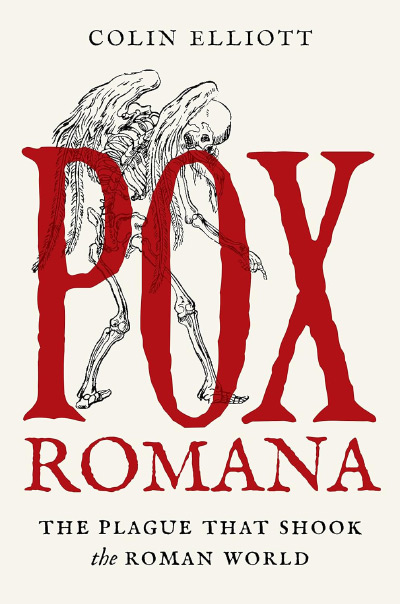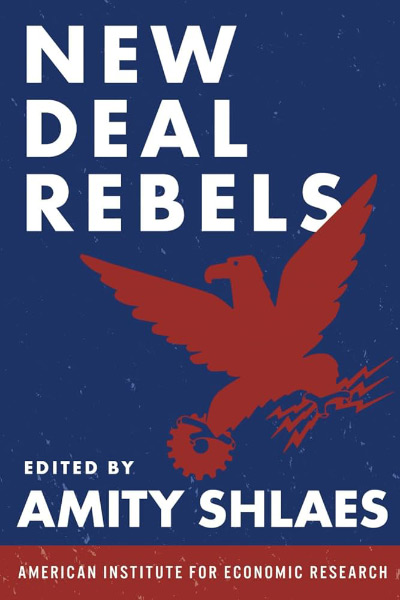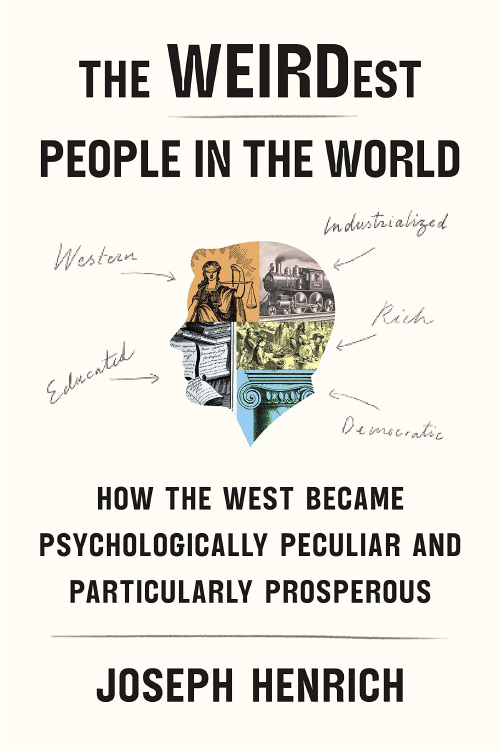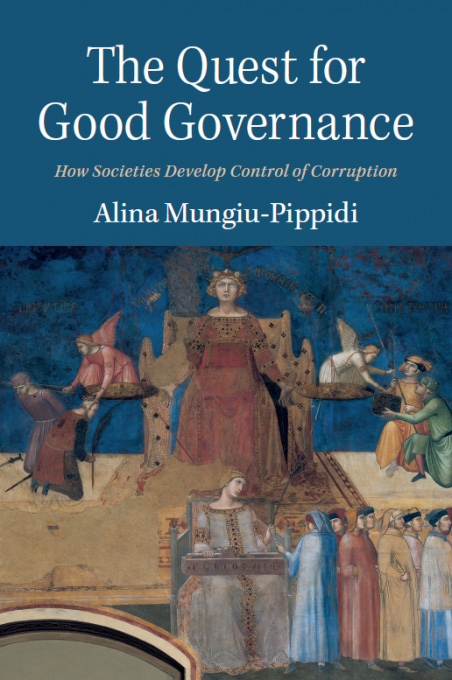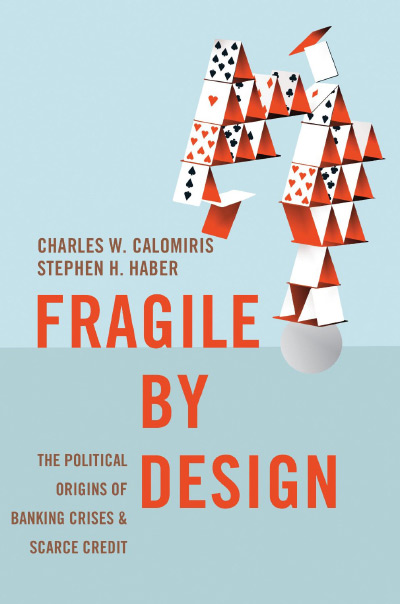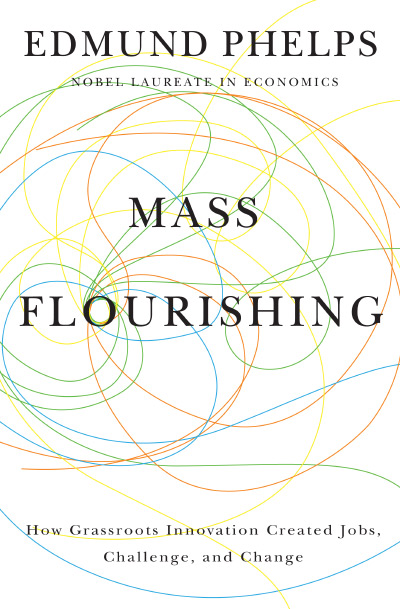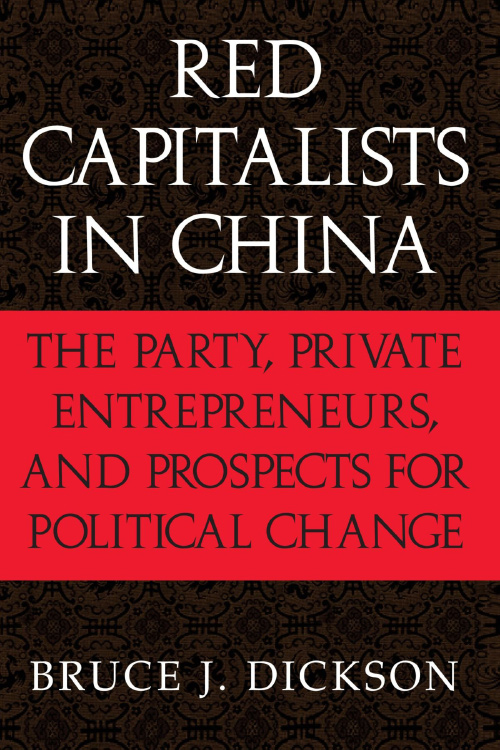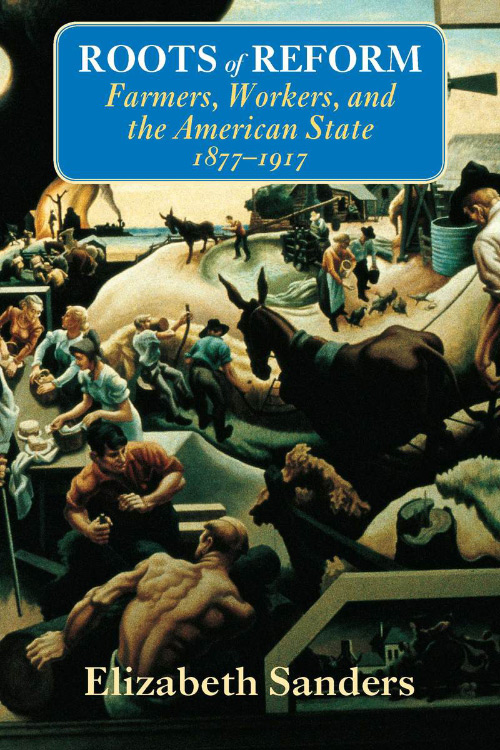Kathryn Stoner-Weiss is associate director for research and senior research scholar at the Center on Democracy, Development, and the Rule of Law at Stanford University. Before coming to Stanford, she was on the faculty at Princeton University and served as a visiting professor at Columbia and McGill universities. She has held fellowships at Harvard and the Woodrow Wilson Center in Washington, D.C. She is the author of many articles and book chapters on contemporary Russia and of the book Local Heroes: The Political Economy of Russian Regional Governance (Princeton, N.J.: Princeton University Press, 1997). She is also a coeditor of After the Collapse of Communism: Comparative Lessons of Transitions (New York: Cambridge University Press, 2004).
Stoner-Weiss states that Resisting the State is a product of nine years of surveys of Russian policymakers in seventy-two of the eighty-nine Russian regions and draws on her previous work on Russian regional politics and policies.
At the outset, she marks the territory she will defend: “the arguments and evidence presented here run counter to the arguments of those who would maintain that the greatest threat to the growth of competitive markets in federal states is an unrestrained central state” (pp. 4–5). In contrast, she identifies “the Russian state’s inability to extend its authority across the vast Eurasian landmass as the primary problem of post-communist governance” (p. 1). Echoing Vladimir Putin and his Committee for State Security/Federal Security Service (KGB/FSB) cronies in the provinces, Stoner-Weiss asserts that the solution to Russia’s economic and political problems lies in the central government’s will and ability to exercise tight controls over the regions on key policy issues. She writes that “rather than become more able to ensure policy implementation, the Russian state became weaker . . . as it continued to be hijacked for personal gain” (p. 146). Regions continue to defy the central government (that is, Putin’s dictatorship), and their defiance “depends heavily on local business leaders who made off literally as bandits during the collapse of the Soviet state.” For some reason unexplained in the book, Stoner-Weiss believes that Putin’s moves to impose tight controls will not work owing to sabotage of them at the local level. In her view, Putin failed to break the business-government nexus at the regional level. “Just as Yeltsin built a weak electoral democracy on the top of a weak central state, Putin in turn has attempted to build authoritarianism without central state authority” (p. 155).
Stoner-Weiss is not interested in what has happened to reform and economic transition from the centrally planned to the market economy, but rather in why the Russian central government has been unable to control its provinces effectively. Following Putin’s line, she argues that “the post-Soviet Russian state’s inability to do little to improve lives of average people is in no small part due to its basic inability to convey its authority and ensure the implementation of its policies in the Russian provinces” (pp. 3–4). She does not identify the central-government policies that, if implemented universally, would lift the Russian populace out of poverty. Indeed, no such policies exist.
Resisting the State is symptomatic of the current intellectual crisis of Russian studies in American academia, wherein studies conducted by former “Soviet scholars” and their students have inherited from the infamous field of “Sovietology” an apologetic attitude toward the Kremlin (and whoever occupies it) and an anticapitalist mentality devoid of any understanding of microeconomics. Stoner-Weiss follows the footsteps of notoriously pro-Kremlin Duke professor Jerry Hough, who in 1969 “likened the activities of Communist Party first secretaries to those of French provincial prefects” (p. 29). Like Hough, she believes that “the first secretary of the oblast or autonomous republic Party committee (obkom) was therefore the undisputed political boss of the region”(p. 46). Are French provincial prefects really “undisputed political bosses” in their prefectures? What about county executives in the United States? Even in the USSR, these party bureaucrats were considered merely “transmission belts between the Party (i.e., Kremlin) and the masses” and were highly expendable. In 1937–38 alone, 88 percent of them were either shot or ended up in a dreadful gulag.
The only interesting part of the book is the section titled “Patterns of Regional Noncompliance with Federal Law and the Constitution (1994–1999)” (pp. 56–62), which provides facts and anecdotal evidence of a relatively free society in Russia under Yeltsin and of the healthy regional response (which Stoner-Weiss calls “illegal behavior” [p.62]) to absurd central-government policies. She admits, however, that this “noncompliance” has almost disappeared under Putin—an admission that does not sit well with her claim of “eroding central state capacity in Russia” (p. 18).
President Vladimir V. Putin is a son and grandson of Stalin’s admirers (his grandfather was one of Stalin’s cooks). His professional life revolved around the infamous KGB, where he was a career spy. He has definitely made the restoration of autocracy and Russia’s superpower status a priority, as he has openly stated on numerous occasions. Under Putin, any hopes for freedom and prosperity in Russia are being betrayed: he has effectively wiped out all voices of dissent in Moscow and the provinces alike, and he is moving steadily toward authoritarian rule in all spheres. On Putin’s watch, eighty-eight Russian journalists working for different newspapers and TV stations in various regions of Russia have been murdered. Their only common feature is that all were critics of Putin. None of these murders has been solved. The reassertion of total government control over the mass media and other information sources is fundamentally at odds with the transparency that efficient markets require. Russia is moving farther away from economic freedom (which it never really had in any thoroughgoing way) toward tight government control of economic life imposed by Putin’s autocracy and implemented by the FSB and the loyal ruling elite throughout the Russian Federation.
Stoner-Weiss approves of Putin’s actions directed at further centralization of power in his hands by almost any means. “Indeed, the task became so challenging that Russia’s second post-communist president, Vladimir Putin, using the tragic deaths of hundreds of schoolchildren and their parents at the hands of Chechen insurgents in the southern town of Beslan, opted by the fall of 2004 to abandon even the pretense of democracy in Russia’s provinces in favor of more centralized control” (p. 1). In reality, Putin’s first attempt to establish his political authority over all regions and national autonomous republics of Russia came almost immediately after his inauguration as the president of the Russian Federation in May 2000 under the selfproclaimed slogan “dictatorship of law.” At first, he established seven federal districts and appointed his representatives to “direct” the governors and the presidents of autonomous republics. In 2004, he cynically used the Beslan massacre to “justify” his power to appoint (rather than allow the people to elect) regional governors.
Putin is a “problem profiteer”: he thrives on problems, whether they are real, imaginary, or fabricated by the Kremlin. The war in Chechnya, the bombing of apartments in Moscow and southern Russia, and most recently the harassment of independent Georgia have given him excuses to intimidate his political opponents, crack down on property rights and freedom of speech, and unleash an unprecedented campaign of xenophobia, increasing the state’s power as well as his own.
Russia is the largest country in the world: it spans eleven time zones, covers one-sixth of the earth’s surface, comprises eighty-nine provinces (some of them the size of western Europe), and contains within its borders 128 indigenous ethnic groups. Stoner-Weiss claims that Putin’s autocracy and its 16-million-strong bureaucracy are weak and impotent to control this vast Russian territory and its diverse population because of the absence of the “competitive political parties.” Why are “competitive political parties” necessary? Putin can control the country with one or even less than one: he relies on the KGB/FSB, which is providing centralization and control of provinces unseen in almost any other federal state except Russia’s immediate predecessor, the USSR. It is amazing that Stoner-Weiss does not even mention the KGB/FSB. As the Russians say, it is easy not to notice an elephant in the room if you don’t want to. The Economic Security Service (SEkB), a directorate of the FSB and headed by its deputy director, General of the Army Aleksandr Bortnikov, is the institution in charge of implementing central control of economic matters throughout Russia. Other FSB directorates, departments, and services deal with political, social, and security-noncompliance issues.
The Russian Federation is the heir of the USSR, a federal state 35 percent larger than Russia in territory and almost 50 percent larger in population. By forced labor and mass murder in a very short time (from 1917 to 1923), all this vastness and diversity were turned into one homogenous blob of the huge labor camp known as the Soviet Union. The initiator of this change was the Communist Party, but the agent of the change was the KGB (also known at various times as the Cheka, NKVD, GPU, and MGB). The FSB is represented in all cities, towns, and villages with a population of more than five hundred people. FSB agents, known as “Putin’s ambassadors,” are the Kremlin’s eyes, ears, and hands in the provinces.
Stoner-Weiss imagines a “weakness of all-Russia parties in the provinces” that presumably paralyzed Putin’s ability to implement “policy evenly,” while “low institutionalization of center-periphery linkages perpetuated the vicious circle that pervades other developmental contexts” (p. 146). What kind of weakness? Twenty-three political parties in Russia participated in the December 2007 parliamentary elections, with Putin’s United Russia Party and other pro-Kremlin parties effectively controlling more than 80 percent of the Duma’s votes. These parties spread nationalism, xenophobia, anti-Semitism, and sobornost (the community of the faithful orthodox Russians)—a “new” ideological mix for Russia. But there is nothing new about this mix; it was the mainstream ideology under the tsars. This ideology, coupled with high oil prices and a related increase in the standard of living, has played a major role in boosting Putin’s popularity. Pro-Putin parties officially proclaim that their program is unconditional support of “Putin’s Plan for Russia.”
According to Stoner-Weiss’s logic, the consequence of the absence of “a competitive party system” in Russia is not rising dictatorship and an all-intrusive, repressive, and bloated bureaucratic state, both in Moscow and the provinces, but the “resulting hijacking of the Russian state by personal gain” (p. 146). But who are these gainers? Putin? His Kremlin cronies or the governors he personally appoints in the provinces? No. According to Stoner-Weiss, the evil gainers and profiteers are Russia’s “greedy” entrepreneurs.
Reality attests to the opposite: the richest Russian industrialist, Mikhail Khodorkovsky, is being abused and mutilated in a Siberian jail right now. As a founder and chairman of Yukos Oil, Khodorkovsky was a successful businessman who built the largest private business in Russia on the wreckage of the Soviet oil industry. He adopted Western accounting practices, making his company almost the only transparent business enterprise in Russia. He then entered into merger discussions with Exxon and Chevron. This move alone might be considered, in Putin’s eyes, a threat to the state, but the real reason for Khodorkovsky’s arrest appears to lie elsewhere: he made the mistake of expressing his opposition to Putin and announcing his plans to run for the Russian presidency himself, and he had the audacity to support opposition parties financially. Putin’s “message” could not be ignored by the Russian business community, so now all financial support is going to Putin’s United Russia. A friend of mine, a Russian businessman, told me sadly that “we don’t need any more government policing and censorship now—we self-police and self-censor now. It is on autopilot.”
Russia’s economic system resembles the German or Italian corporate state of the 1930s more and more. The new class of Russian entrepreneurs is on its way to becoming a rent-seeking private bureaucracy. The reason for the bureaucratization of private enterprise in Russia is the same as it is everywhere else: the destruction of the profit motive by government regulations and taxation. Under socialism, whether of Leninist, Stalinist, Nazi, Fascist, or Putinist variety, the institutions of civil society are first controlled and then replaced by the state, and horizontal interactions between people are for the most part replaced by vertical relations between citizens and the state. Civil society effectively ceases to exist and is replaced by the state organs of thought control, permitted religions (if any), and state-directed recreational, youth, and sport organizations. Pockets of dissent exist only in the underground, and the “black market” of ideas stores dormant seeds of inevitable change. Current economic and political developments in Russia are taking the path Ludwig von Mises described and coupling with Putin’s emerging totalitarian political regime. Dramatic increase in energy prices has made this shift easier because in Russia the state either owns or controls the sources of energy. The changes under Putin are widely understood as a reversal of Yeltsin’s reforms and as the re-creation of a strong and highly centralized authoritarian regime in the Kremlin. Unfortunately, Kathryn Stoner-Weiss overlooks or misunderstands all of these developments.
| Other Independent Review articles by Yuri N. Maltsev | ||
| Summer 2022 | Revolutionary Monsters: Five Men Who Turned Liberation into Tyranny | |
| Fall 2017 | Mass Murder and Public Slavery: The Soviet Experience | |
| Winter 2005/06 | Privatization and Piratization in Post-Communist Russia | |
| [View All (4)] | ||



